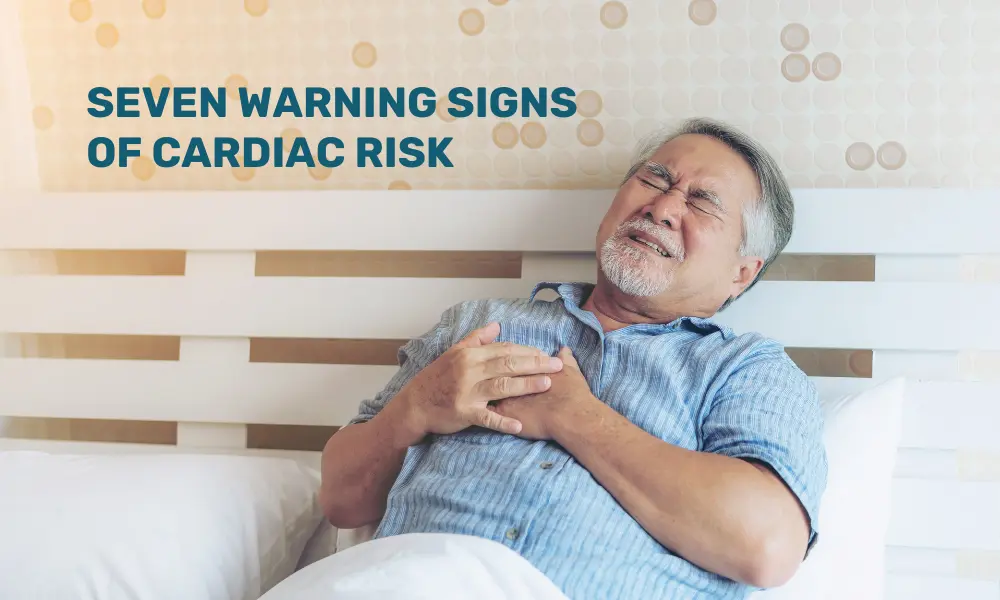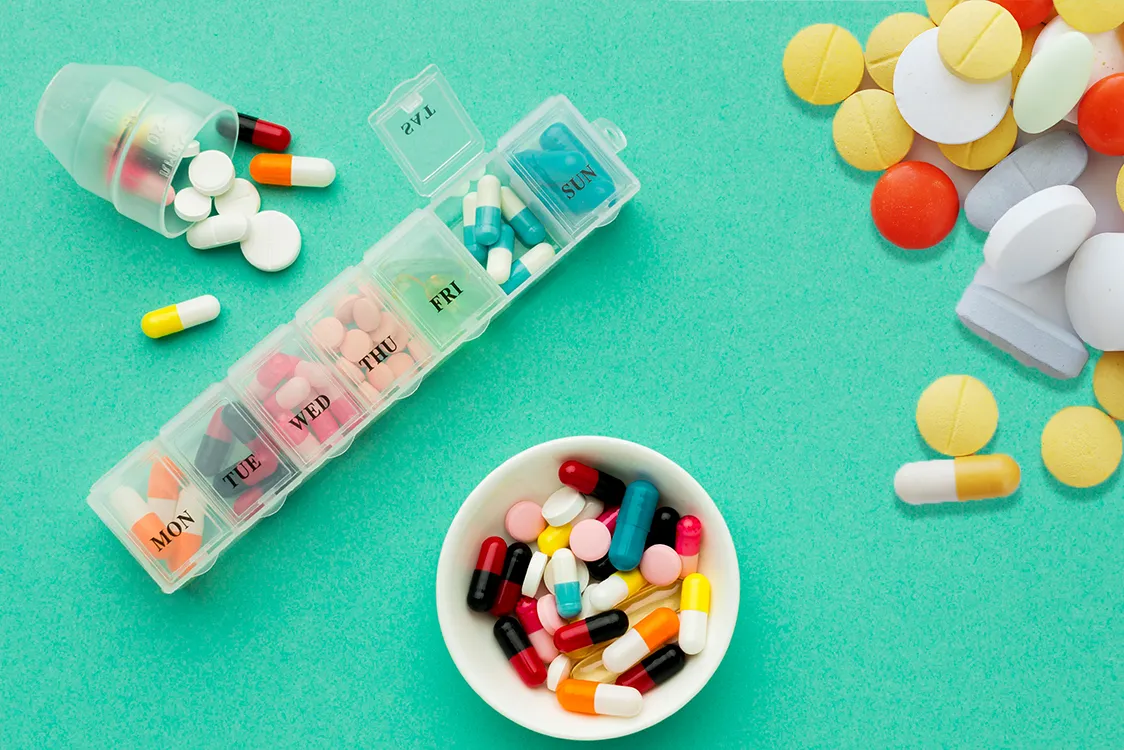Vitamin D is crucial for our bone health, but high levels of this component can harm our overall health.
Vitamin D is an important compound for the well-being of our body. It is necessary for the growth of muscle cells, proper functioning of your immune system, and maintenance of your skeletal system.
With the increasing incidence of vitamin D deficiency, people tend to consume supplements to reach normal levels. However, too much of everything can be dangerous. Overconsumption of Vitamin D can lead to certain health complications.
Vitamin D toxicity, or hypervitaminosis D, is a serious condition that often occurs when there is excessive vitamin D in our body. Vitamin D toxicity is usually caused by consuming large vitamin D supplements.
Signs of high vitamin D levels
-
Fatigue
-
Constipation
-
Appetite loss
-
Frequent urination
-
Muscle weakness
-
Thirst
-
Dehydration
-
High blood pressure
-
Nausea
-
Vomiting
-
Bone Pain
In case you experience any of the above symptoms especially when you are on Vitamin D supplements, you must consult a doctor and get a thorough examination along with blood test.
Medical Complications that excessive vitamin D levels can cause:
Hypercalcemia: Overdose of vitamin D can lead to excessive calcium in the blood. This condition is called Hypercalcemia.
Kidney Problems: Excess vitamin D can also lead to kidney problems or damage.
Bone Issues: Although getting enough vitamin D is essential for bone health, too much can have an adverse effect. People who take a megadose of vitamin D are more prone to bone fractures.
How much Vitamin D does your body require?
For adults, a typical level of vitamin D in the blood is 20 nanograms per milliliter (ng/ml) or above. Levels of 12 ng/ml are too low and levels of 50 ng/ml are too high. People should basically aim to get at least 15 mcg or 600 IU of vitamin D daily*. Those who are older or at risk for a deficiency may require more.
Consult your doctor regarding the dosage that is appropriate for you. If you take a vitamin D supplement, you should periodically get your blood tested to know the current vitamin D levels. Additionally, it is safe to consult a doctor before starting any supplement.
Data Source: https://shorturl.at/ouOSW




